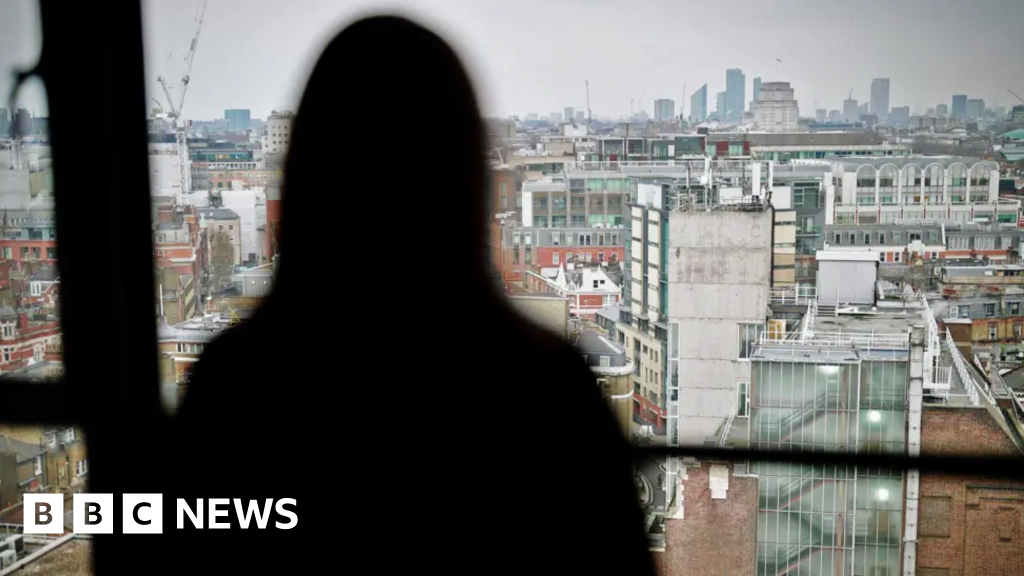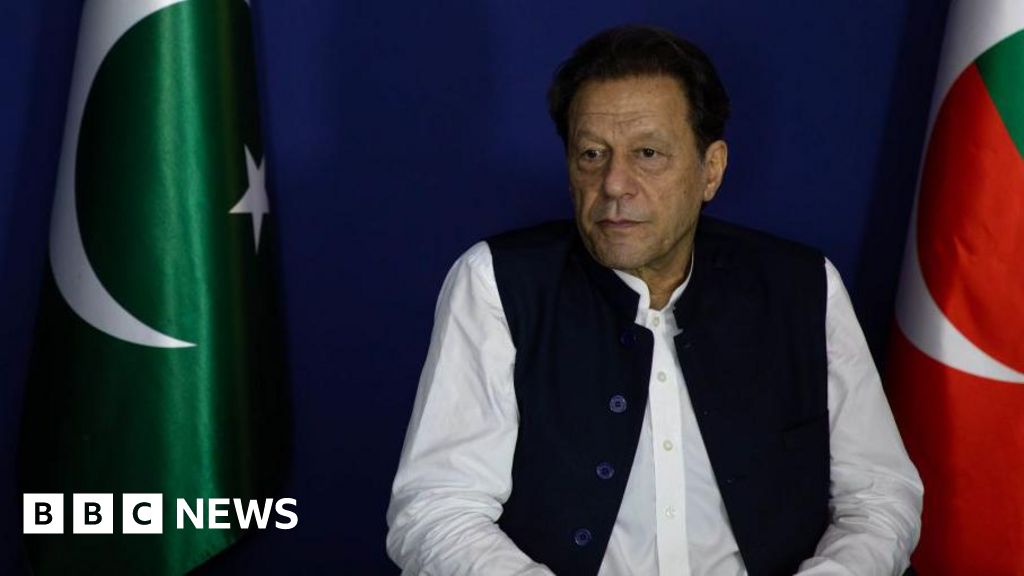Jennifer McKiernan
Political reporter
MPs have voted to change abortion legislation to stop women in England and Wales being prosecuted for ending their pregnancy.
The Labour MP for Gower, Tonia Antoniazzi, led the call to decriminalise the 1% of abortions that happen after 24 weeks, saying these were "desperate women" who need "compassion not criminalisation".
As an issue of conscience, MPs were allowed to vote according to their personal beliefs, and backed the plan by a big majority of 242 votes.
The current law in England and Wales states that abortion is illegal but allowed up to the first 24 weeks of pregnancy and beyond that in certain circumstances such as if the woman's life is in danger.
Antoniazzi's amendment to the Crime and Policing Bill will remove the threat of investigation, arrest, prosecution, or imprisonment for late term abortion.
Setting out her arguments, she flagged that nearly 99% of abortions happen before a pregnancy reaches 20 weeks, leaving just 1% of women "in desperate circumstances".
Antoniazzi highlighted a series of cases where women had been arrested for illegal abortion offences and urged MPs to support her amendment to recognise "these women need care and support, and not criminalisation".
"Each one of these cases is a travesty, enabled by our outdated abortion law," she said.
"Originally passed by an all-male parliament elected by men alone, this Victorian law is increasingly used against vulnerable women and girls."
Only three women were convicted of having an illegal abortion between 1861 and November 2022, when the law was changed to allow women to take abortion pills at home up to 10 weeks of pregnancy.
Records collected by the UK's largest abortion services have found at least 100 women have been investigated for having an abortion in the last five years, and six have appeared in court.
Stella Creasy asked why MPs would want to retain outdated laws "in any shape or form, rather than learning from what is best practice around the world for all of our constituents".
The Labour MP for Walthamstow put forward a second amendment urging MPs to go further, ditch any abortion-related clauses the 1861 Act, and enshrine abortion access as a human right.
This was publicly backed by 108 MPs before the debate - but abortion providers, including the British Pregnancy Advisory Service, said the amendment was not the right way to achieve "generational change", and it did not go to a vote.
Conservative shadow health minister Dr Caroline Johnson put forward a third amendment, aimed at stopping pills by post abortions by requiring a pregnant woman to have an in-person consultation before being prescribed medication to terminate her pregnancy.
The Johnson amendment fell, with 379 MPs voting against and 117 voting for.
Earlier, the Antoniazzi amendment had won support from 379 MPs, with 137 against.
The new Antoniazzi clause would not change any law regarding the provision of abortion services within a healthcare setting, including but not limited to the time limit, telemedicine, the grounds for abortion, or the requirement for two doctors' approval.
It was backed by all the main abortion providers, as well as 180 MPs from across the Commons and 50 organisations including the Royal College of Obstetricians and Gynaecologists (RCOG).
However, the Society for the Protection of Unborn Children has called it an "extreme and dangerous proposal" that would "effectively decriminalise abortions".
Sign up for our Politics Essential newsletter to read top political analysis, gain insight from across the UK and stay up to speed with the big moments. It'll be delivered straight to your inbox every weekday.
.png)
 6 months ago
18
6 months ago
18








 English (US) ·
English (US) ·